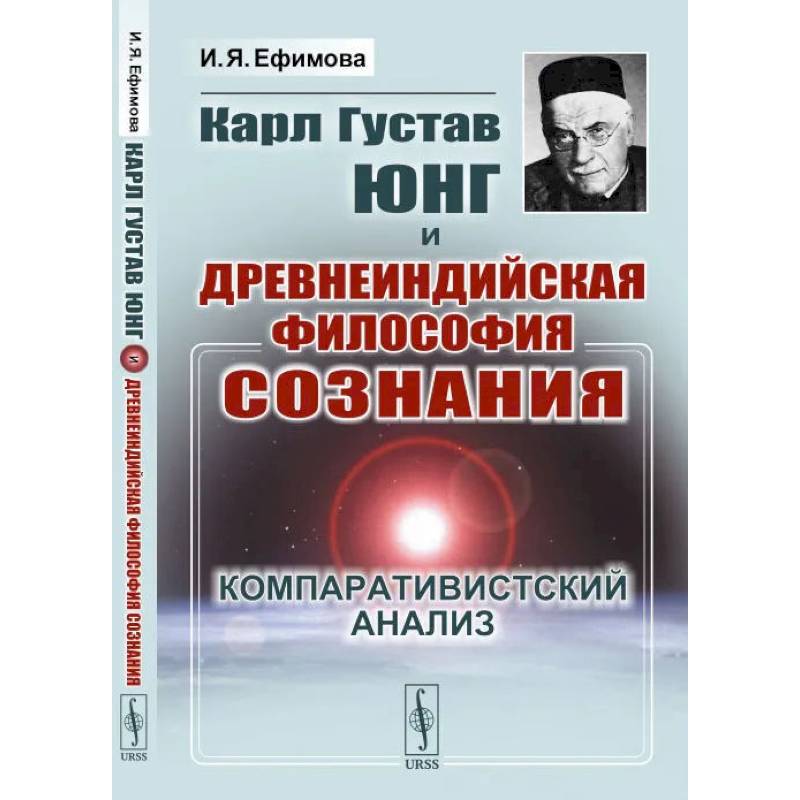Carl Gustav Jung and Ancient Indian Philosophy of Consciousness: A Comparative Analysis. Efimova I.Ya
Please sign in so that we can notify you about a reply
The key theme of this work is the problem of consciousness, which is presented in two aspects: as a general philosophical question and as an existing theoretical material that allows us to talk about historical and philosophical parallels. The subject of comparative research is two fundamental theories representing the philosophical heritage of thinkers of the East and West, the conceptual analysis of which was carried out on the basis of the analytical psychology of K.G. Yung and the Buddhist philosophy of consciousness (Sarvastivada schools, Saratrants and Vidzhnyanavada) Here the main unifying factor is also the phenomenon of consciousness, the study of the structure and functions of the human psyche. In addition, the book discusses previously studied facts of the creative heritage of K.G. Yung.
The book is intended for philosophers, psychologists, culturalists, including university teachers, graduate students and students of humanitarian specialties, as well as everyone who is interested in the Western and Eastern philosophy of consciousness
The book is intended for philosophers, psychologists, culturalists, including university teachers, graduate students and students of humanitarian specialties, as well as everyone who is interested in the Western and Eastern philosophy of consciousness
Author:
Author:Ефимова Ирина Яковлевна
Cover:
Cover:Hard
Category:
- Category:Religion & Spiritually
- Category:Science & Math
Publication language:
Publication Language:Russian
Paper:
Paper:printing
ISBN:
ISBN:978-5-9519-2891-7
No reviews found
